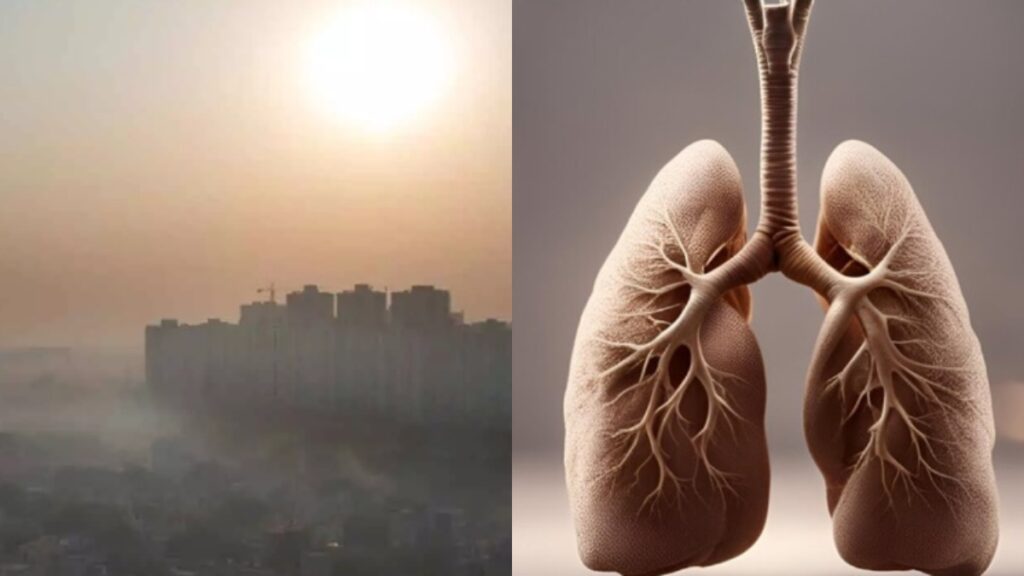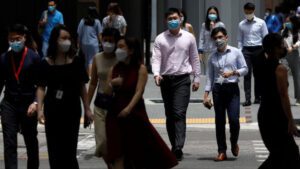Declining air quality negatively impacts the health of all individuals in society in various ways. Children, the elderly, and individuals with pre-existing lung conditions face a higher risk of experiencing respiratory complications. Common respiratory symptoms associated with exposure to high levels of particulate matter include coughing with or without phlegm, sore throat, and breathlessness. Patients with underlying lung conditions often experience prolonged symptoms, including a persistent cough, at a higher rate.
Short-Term effects of poor air quality on lung health
When we spoke to Dr. Mihir Gangakhedkar, Consultant Pulmonology at Fortis Hospital, Mulund, about this issue, he explained that the short-term effects of exposure to poor air quality include recurrent respiratory tract symptoms, which can sometimes affect a patient’s productivity. A persistent dry cough may also disrupt sleep, impacting daytime performance. In children, these recurring symptoms may result in missed school days and decreased participation in outdoor activities. Patients with pre-existing lung conditions may experience acute exacerbations, requiring an increase in medication dosage, emergency room visits, or even hospitalization.
Also read: India vs Ireland, T20 World Cup 2024 Match 8
Long-Term impact of poor air quality on lung health
In the long term, poor air quality has detrimental effects on lung health. The prevalence of airway disorders such as asthma and chronic obstructive pulmonary disease (COPD) increases in affected populations. Research indicates a correlation between prolonged exposure to suspended particulate matter and lung cancer. Persistent exposure to low-quality air also raises the risk of death in individuals with pre-existing cardiovascular conditions. In young children, recurrent respiratory flares can impede lung growth, potentially hindering their ability to reach their full lung capacity and overall health in adulthood. Similarly, each flare-up in patients with lung diseases results in a decline in lung capacity, requiring an inter-flare period for recovery. However, with shorter inter-flare periods and incomplete recovery, these patients remain susceptible to further episodic declines in lung capacity during flare-ups, potentially leading to more severe exacerbations.
Also read: BJP Tightens Grip, Leaving Congress Breathless in Madhya Pradesh











More Stories
COVID Surge in Hong Kong and Singapore Amid New Wave
बॉक्स ऑफिस: ‘रेड 2’ हिट, बाकियों का क्या हाल
IPL 2025: तेज गेंदबाज मयंक यादव फिर हुए चोटिल, लीग के बाकी बचे मैचों से हुए बाहर; NCA और BCCI पर उठ रहे सवाल